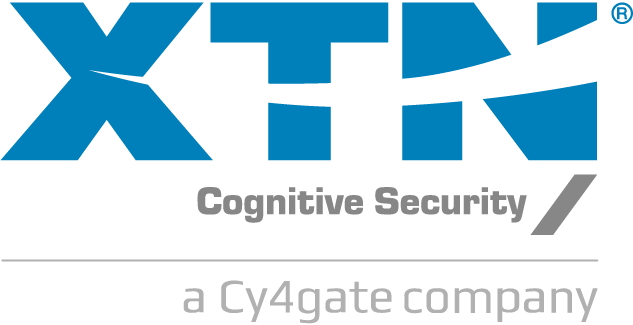
XTN Cognitive Security helps insurance companies combat the growing threat of fraud in the digital age. As insurance-as-a-service continues to expand, fraudsters are increasingly exploiting digital channels, making insurers more vulnerable to fake accounts and manipulated policies.
From verifying applicants’ financial profiles to detecting fraudulent claims, XTN provides real-time solutions to protect insurers from both opportunistic false claims and complex, organized fraud schemes. By implementing robust fraud prevention strategies, insurers can secure operations, maintain customer trust, and reduce exposure to fraud risks.
To effectively safeguard their operations, insurers must focus on key protection goals that address the evolving fraud landscape. These include preventing fraud at the quote stage by detecting manipulated data, securing customer accounts against takeover attempts, and stopping fraudulent claims before reimbursement. Additionally, protecting against fake or unauthorized intermediaries (ghostbroking) is critical to maintain policy integrity.
Quote and policy protection
Customer account security
Fraudulent claim detection
Ghostbroking detection
Insurance companies face sophisticated and evolving fraud risks that threaten their financial stability and customer trust. Key use cases include Opportunistic Fraud, where individuals manipulate personal data during quotes or claims to gain unfair advantages, and Organized Fraud, where criminal networks impersonate brokers to sell fake or tampered policies at scale.
Opportunistic Fraud involves individuals who manipulate personal data during the quote or claim process to gain unfair advantages. This includes submitting false information to obtain better premiums or inflating claims to receive undeserved reimbursements.
Organized Fraud is carried out by criminal networks operating systematically. A key example is Ghostbroking, where fraudsters impersonate legitimate insurance brokers to sell fake or tampered policies at scale, and Account Takeovers, enabling unauthorized access to legitimate accounts to steal benefits. This exposes insurers to significant financial losses and damages customer trust.
Unlock all the hidden insights by diving into the Insurance Fraud use case page.
Online fraud and cyber threats can impact Insurance by:
Have any question? We’d love to hear from you.

Copyright © XTN Cognitive Security S.r.l. 2024
Rovereto – Padua – Milan
New York
All Rights Reserved
VAT ID / P.IVA IT04395340286
REA TN – 201845
Share capital 10,000 €

XTN Cognitive Security’s “Information Security Management System” is ISO/IEC 27001:2022

XTN Cognitive Security's information security management system is ISO/IEC 27001:2013